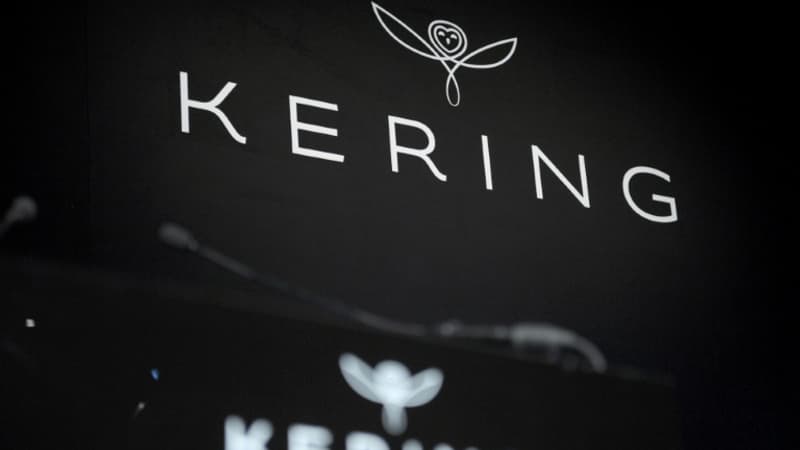The luxury group Kering announced this Friday a new milestone in terms of sustainable development with the aim of reducing its absolute greenhouse gas emissions by 40% by 2035 compared to 2021. “This new objective covers scopes 1, 2 and 3 of the Greenhouse Gas (GHG Protocol)”, says the statement. The GEI is an international accounting standard. Scope 1 represents the company’s direct emissions, Scope 2 the emissions linked to the production of the energy it uses and Scope 3 the indirect emissions.
In 2021, the group’s greenhouse gas emissions accounted for almost 2.4 million tons of CO2. Therefore, Kering aims for a total of 1.4 million tons of emissions by 2035. “I am firmly convinced that to build truly sustainable companies, the next step is to achieve a reduction of our impact in absolute terms while creating value” Kering CEO François-Henri Pinault was quoted as saying in the press release.
three lines of action
“On these issues there is no magic wand”, declares Marie-Claire Daveu, the group’s director of sustainable development, explaining that “there are three pillars on which we will have to act”, with tools already existing in the group or being invented. First: “produce what we sell” and thus have a better forecast of needs with, for example, the use of artificial intelligence. Asked by AFP about the possibility that the group’s fashion brands (Gucci, Saint Laurent, Balenciaga, etc.) reduce their number of annual collections, Marie-Claire Daveu refers to the autonomy of the houses.
The second pillar refers to the improvement of manufacturing processes and the origin of raw materials. Finally, the third pillar refers to the new development models with “everything related to second hand” or reuse of objects from old collections to manufacture new ones.
In 2021, Kering claims to have achieved its goal of reducing its emissions by 40% in intensity, four years in advance. Intensity emissions, unlike absolute emissions, continue to be correlated with group growth. In 2022, Kering achieved a 15% increase in turnover to €20.4 billion.
Source: BFM TV


